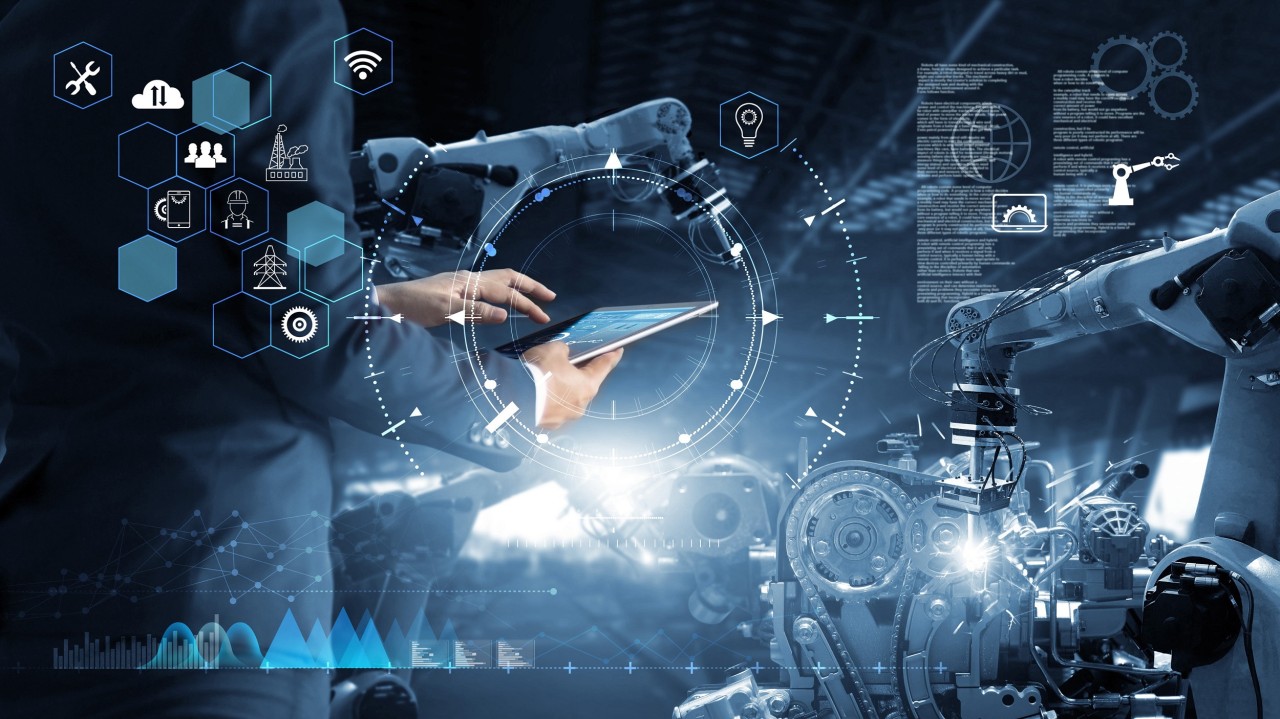In recent years, Artificial Intelligence (AI) has emerged as a powerful tool in various industries, revolutionizing the way we work and live. The manufacturing sector, in particular, has witnessed significant advancements with the integration of AI technologies. From streamlining processes to enhancing productivity and quality, AI has unlocked a plethora of benefits for manufacturers. In this article, we will explore the remarkable ways in which AI is transforming the manufacturing landscape and revolutionizing the industry.
Understanding AI in Manufacturing
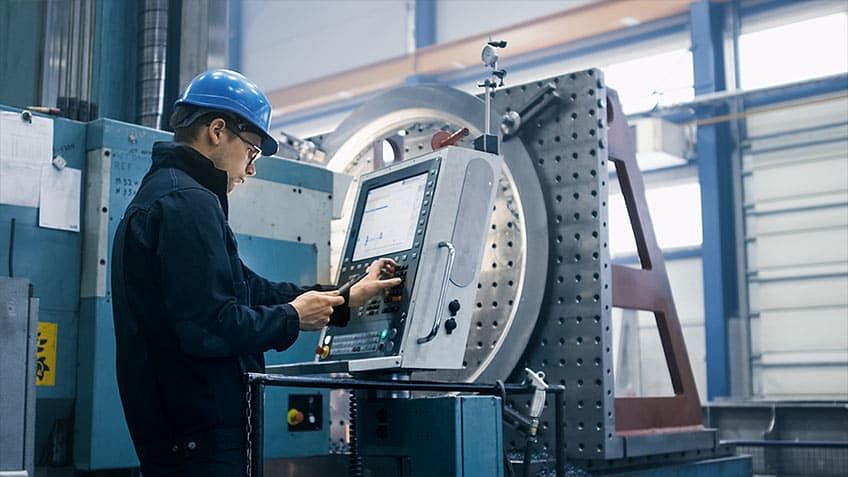
AI in manufacturing refers to the utilization of advanced algorithms and machine learning techniques to enhance efficiency, productivity, and decision-making within the manufacturing processes. It involves the integration of smart systems that can analyze data, learn patterns, and make autonomous decisions, replicating human intelligence in a more efficient and accurate manner.
Automation and Robotics

One of the most significant benefits of AI in manufacturing is the automation of various tasks. With AI-powered robots, manufacturers can automate repetitive and labor-intensive processes, leading to increased productivity and reduced costs. These robots can perform tasks with precision and consistency, minimizing errors and ensuring high-quality output.
Predictive Maintenance and Quality Control
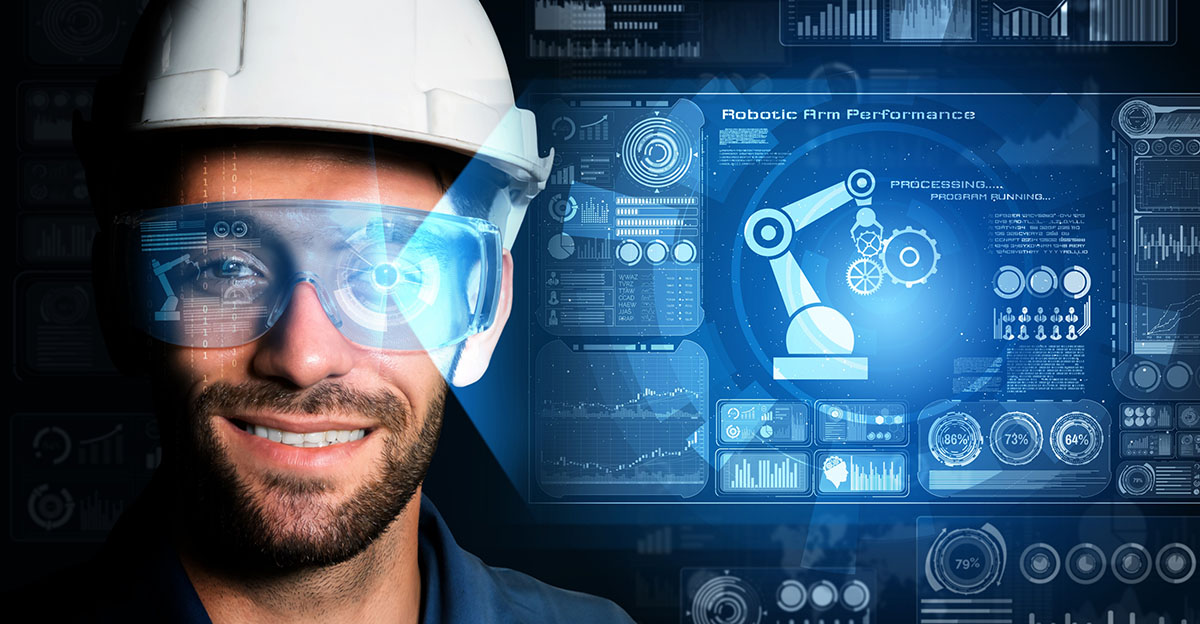
AI enables manufacturers to implement predictive maintenance strategies, which help identify potential machine failures before they occur. By analyzing data from sensors and monitoring equipment, AI systems can detect patterns and anomalies, allowing timely maintenance and minimizing downtime. Moreover, AI can also enhance quality control by analyzing data in real-time, identifying defects, and making adjustments to optimize product quality.
Supply Chain Optimization
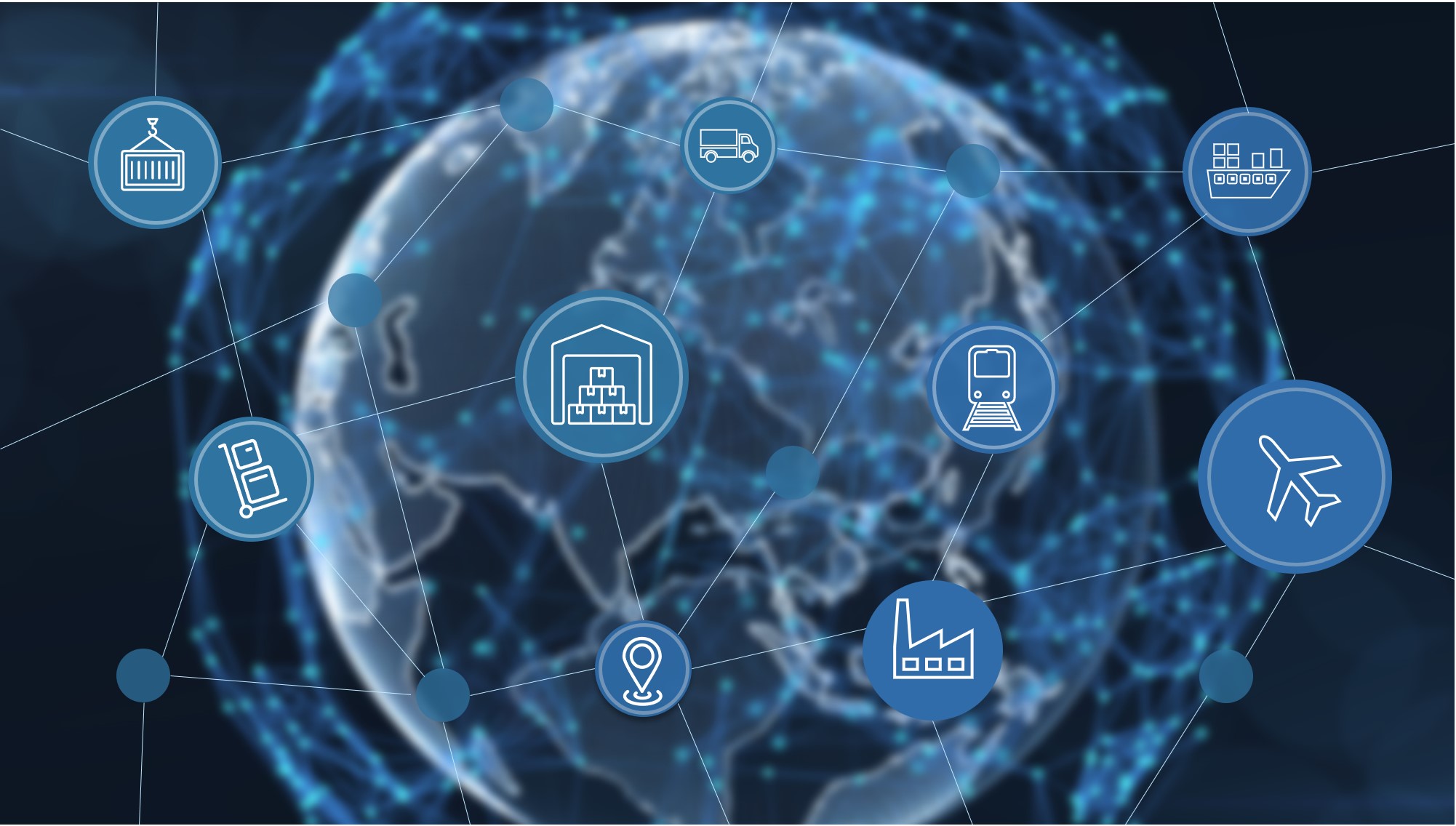
AI algorithms can optimize supply chain operations by analyzing data from various sources such as sales, inventory, and logistics. This helps in demand forecasting, inventory management, and efficient allocation of resources, ensuring smooth operations and reducing costs.
Enhanced Safety Measures

Safety is a paramount concern in manufacturing. AI-powered systems can enhance safety measures by monitoring working conditions, detecting potential hazards, and alerting workers in real-time. This reduces the risk of accidents and ensures a safe working environment for employees.
Improved Resource Allocation

AI algorithms can analyze data on resource utilization and identify areas where efficiency can be improved. This allows manufacturers to optimize resource allocation, reducing waste and minimizing costs. By identifying bottlenecks and inefficiencies, AI helps in streamlining operations and maximizing productivity.
AI-Driven Product Design and Development

AI plays a vital role in the design and development of products. With AI tools, manufacturers can simulate and model product designs, test various scenarios, and optimize performance. This helps in reducing time-to-market, improving product quality, and enhancing customer satisfaction.
Workforce Empowerment
Contrary to popular belief, AI is not a threat to human jobs in manufacturing. Instead, it empowers the workforce by automating mundane tasks and allowing employees to focus on higher-value activities such as problem-solving, creativity, and innovation. By relieving workers from repetitive tasks, AI enables them to contribute more strategically to the manufacturing process.
AI for Demand Forecasting

Accurate demand forecasting is crucial for AI benefits in manufacturing manufacturers to optimize production and inventory management. AI algorithms have the capability to examine past data, observe market trends, and consider external factors in order to offer precise predictions regarding demand. This enables manufacturers to align their production schedules and inventory levels with customer demand, reducing waste and improving customer satisfaction.
Environmental Sustainability in Manufacturing

AI can play a significant role in promoting environmental sustainability in manufacturing. By optimizing energy consumption, reducing waste, and improving resource utilization, AI-driven systems can help manufacturers minimize their carbon footprint. This contributes to a greener and more sustainable manufacturing industry.
Overcoming Challenges in Implementing AI
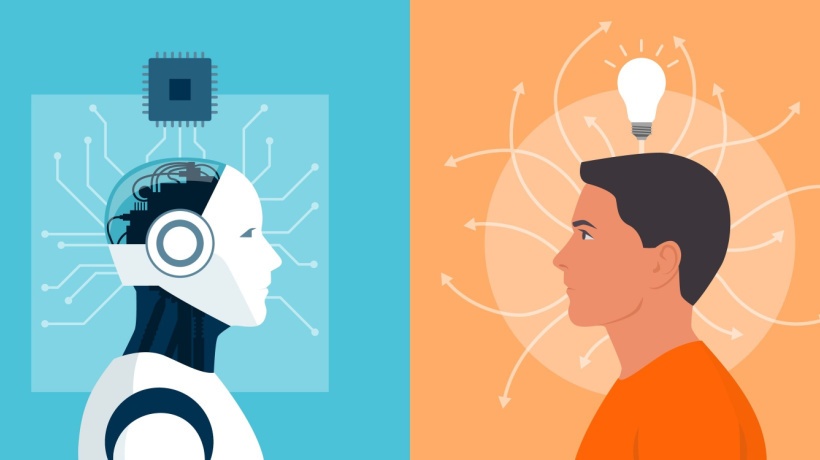
While the benefits of AI in manufacturing are abundant, there are certain challenges that need to be addressed. These include the high initial costs of implementation, the need for skilled personnel to operate and maintain AI systems, and concerns regarding data security and privacy. However, with proper planning, training, and collaboration with AI solution providers, these challenges can be overcome.
Future Trends in AI and Manufacturing
The future of AI in manufacturing holds immense potential. We can expect advancements in areas such as collaborative robots (cobots), augmented reality (AR), virtual reality (VR), and the Internet of Things (IoT). These technologies, combined with AI, will further enhance productivity, efficiency, and innovation in the manufacturing sector.
FAQ Section
Q: How does AI improve productivity in manufacturing?
A: AI improves productivity in manufacturing by automating tasks, optimizing resource allocation, and enabling predictive maintenance, among other capabilities.
Q: Can AI replace human workers in manufacturing?
A: No, AI empowers the workforce by automating repetitive tasks, allowing humans to focus on higher-value activities such as problem-solving and innovation.
Q: What are the cost implications of implementing AI in manufacturing?
A: Implementing AI in manufacturing may involve high initial costs, but it can lead to long-term cost savings through improved efficiency and reduced downtime.
Q: How can AI enhance product quality in manufacturing?
A: AI can enhance product quality in manufacturing by enabling real-time quality control, detecting defects, and making adjustments to optimize the manufacturing process.
Q: What are the future trends in AI and manufacturing?
A: Future trends in AI and manufacturing include collaborative robots (cobots), augmented reality (AR), virtual reality (VR), and the Internet of Things (IoT) to further enhance productivity and innovation.

